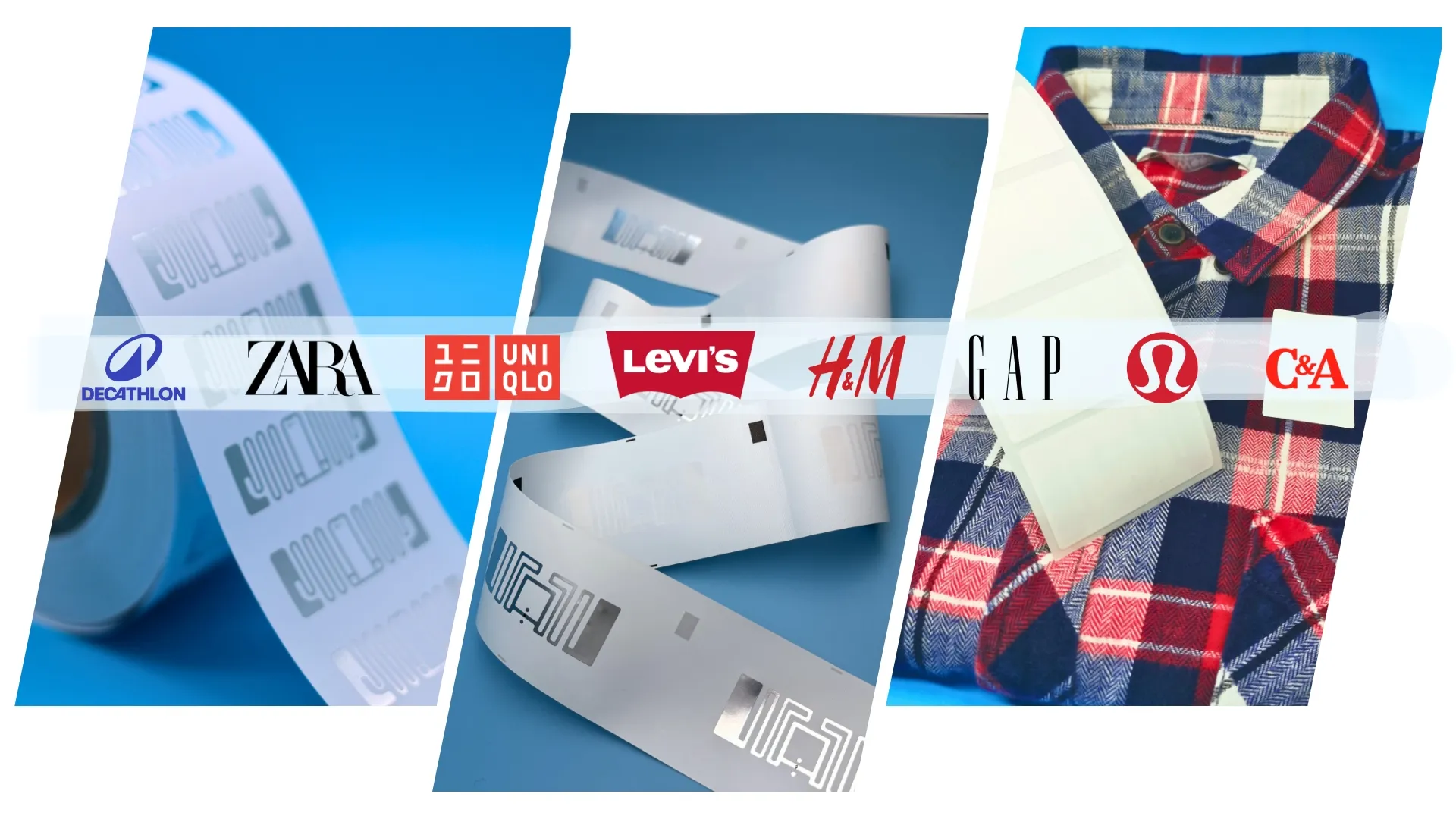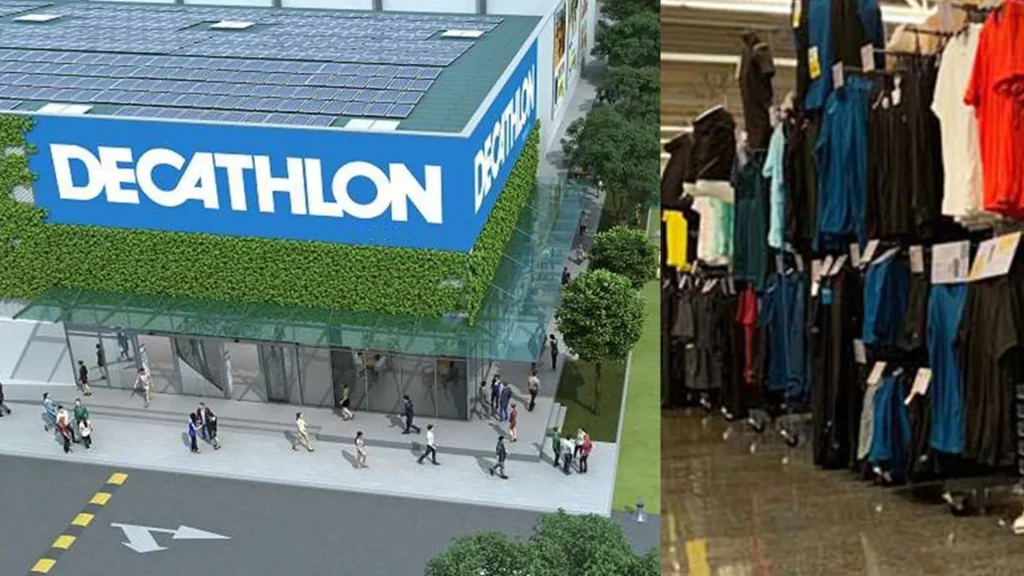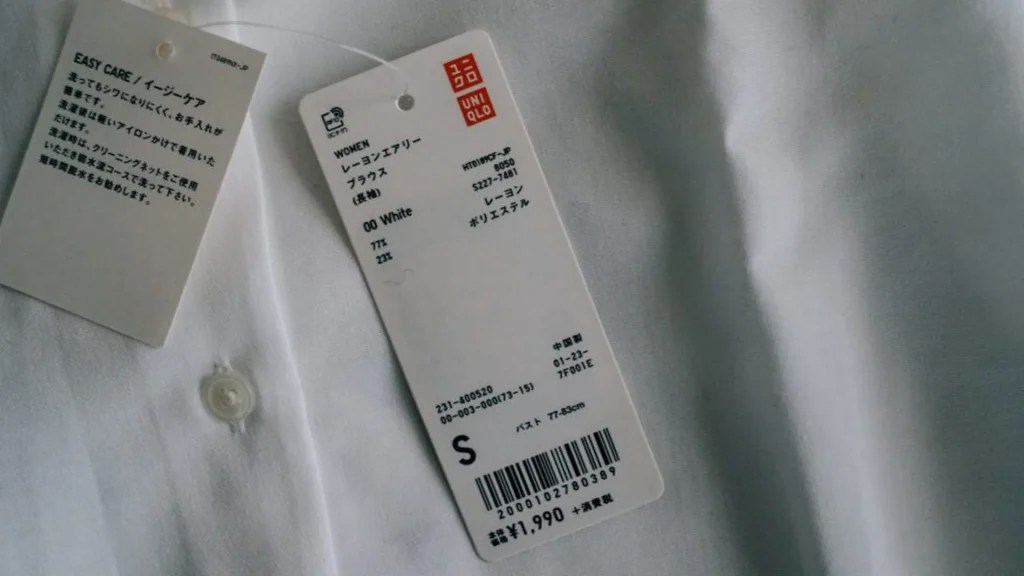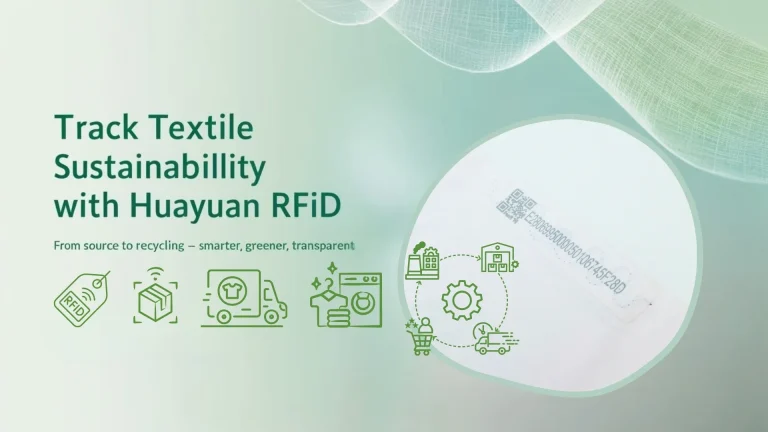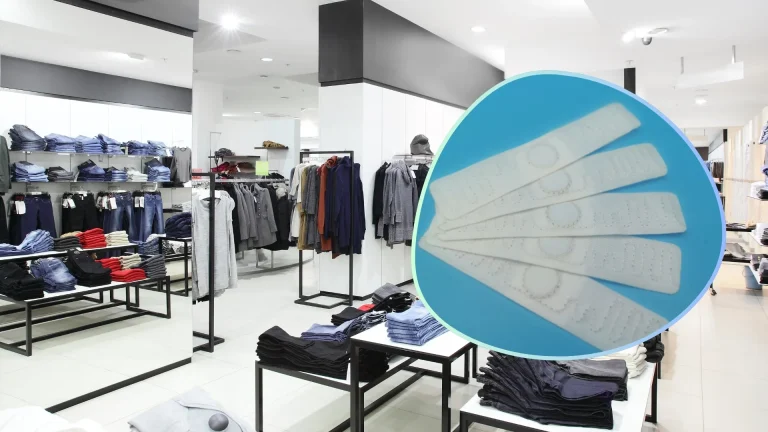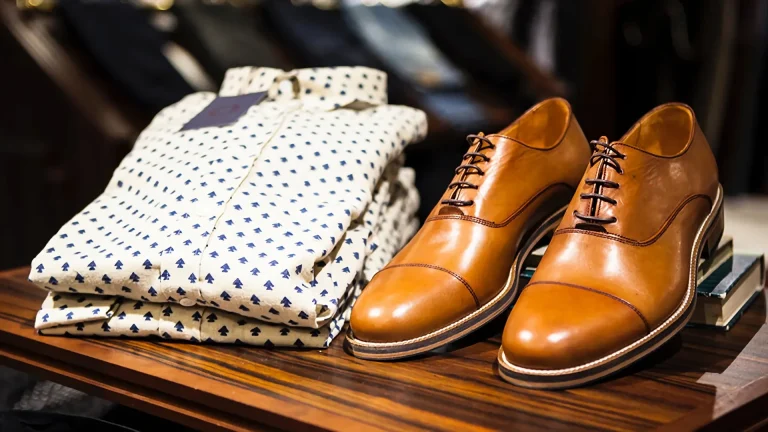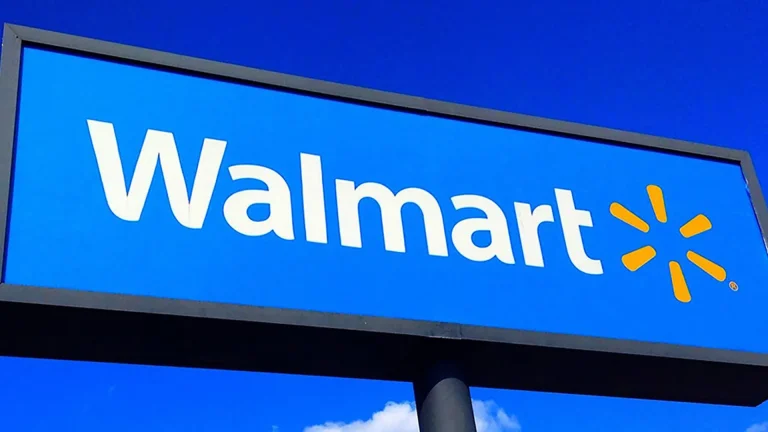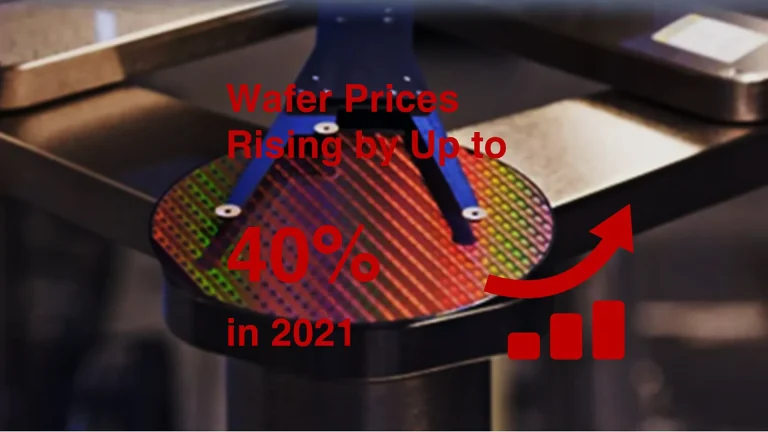Apparel Brands Transforming Retail with RFID Technology
In today’s rapidly evolving retail landscape, apparel brands are always looking for innovative solutions to streamline operations, enhance customer experiences, and improve inventory accuracy. One of the key technologies enabling these advancements is RFID (Radio Frequency Identification). By embedding RFID tags into garments and products, brands gain real-time visibility into inventory, automate stock management, and create seamless omnichannel experiences. Let’s explore how leading apparel brands are leveraging RFID technology and the benefits it brings to their businesses.
1. Decathlon: Leading the Way
Decathlon, a well-known French sports retailer, was among the first to adopt RFID technology. This move helped them significantly improve inventory accuracy, speed up restocking, and reduce manual labor. RFID also enabled Decathlon to introduce self-checkout kiosks in their stores, enhancing the customer shopping experience. By adopting RFID early, Decathlon demonstrated how the technology could transform both retail and supply chain operations, setting an example for others to follow.
2. Zara (Inditex): Speed and Efficiency
Zara, part of the Inditex group, implemented RFID as part of its strategy to create a more responsive supply chain. Zara’s fast fashion model relies heavily on speed and inventory management, and RFID became an ideal fit. With RFID, the brand can track garments from manufacturing to retail shelves, ensuring quick restocking of sold-out items and providing real-time visibility of product availability. This leads to faster inventory turnover and an even more agile fashion production cycle.
3. Uniqlo: Enhancing Omnichannel Capabilities
Uniqlo, a global leader in casual wear, adopted RFID technology as a key element of its omnichannel strategy. This integration allows the brand to track inventory across warehouses and retail locations, ensuring that customers can seamlessly purchase products online and pick them up in-store. The real-time visibility also helps prevent stockouts, contributing to a more consistent and reliable shopping experience.
4. Levi’s: Reducing Stockouts and Improving Efficiency
Levi Strauss & Co. embraced RFID to improve inventory accuracy and reduce stockouts. By using RFID, Levi’s can track the movement of products across its global stores in real-time, ensuring that customers can always find the right size and style, whether shopping online or in-store. This system also helps the brand reduce excess stock and minimize waste.
5. H&M: Improving Inventory with RFID Technology
H&M has faced ongoing challenges in managing its inventory effectively. To address these issues, the company began using RFID technology to track clothing items in real time. This helps staff quickly identify situations where there is too much or too little stock and respond more efficiently. The company has also added more automation in its warehouses and uses data analysis to better understand which products are needed. With RFID, H&M can reduce waste, keep stores better stocked, and improve the overall shopping experience for customers.
6. Gap Inc. and Lululemon: Improving Omnichannel and In-Store Experiences
Gap Inc., which includes brands like Old Navy and Banana Republic, integrated RFID into its operations to maintain accurate inventory counts. This ensures products are available for customers, whether they shop online or in-store. Similarly, Lululemon leverages RFID to enhance its omnichannel experience and optimize inventory across its global network of stores, ensuring customers have access to the right products when they need them.
7. C&A: RFID for a Sustainable Future
C&A, a major European retailer, adopted RFID to improve supply chain transparency and align with its sustainability goals. RFID helps the company track the lifecycle of each product, from production to sale, ensuring that stock is produced and distributed in an efficient, sustainable way.
The Future of RFID in Retail
As more brands continue to adopt RFID technology, its impact on the retail landscape grows. RFID offers numerous benefits, including improved inventory accuracy, reduced shrinkage, faster stock replenishment, and seamless omnichannel experiences. These improvements benefit both retailers and customers by ensuring products are available when and where they’re needed.
Partnering with HUAYUAN for RFID Solutions
As RFID technology becomes integral to the apparel industry, selecting the right RFID tags is crucial for success. HUAYUAN provides high-quality, durable RFID tags that are tailored to meet the needs of modern retailers. Whether you aim to enhance inventory management, streamline your supply chain, or elevate the customer experience, our RFID tags are designed to deliver:
- Enhanced Accuracy: Ensure precise tracking of products across all stages of the supply chain, from manufacturing to point-of-sale.
- Durability: Built to last, our RFID tags perform reliably in all environments, even the most challenging conditions.
- Seamless Integration: Our RFID tags are compatible with all major systems, allowing for easy implementation into your existing infrastructure.
- Sustainability: We offer eco-friendly RFID tags that support sustainable business practices.
By partnering with HUAYUAN, you’ll unlock the full potential of RFID technology to optimize your retail operations and deliver an exceptional shopping experience to your customers.
Conclusion
RFID technology is reshaping the apparel industry, helping leading brands like Zara, Uniqlo, and Nike improve inventory management, customer service, and competitiveness. If you’re looking to enhance your inventory systems and operations, HUAYUAN’s RFID solutions are here to help you stay ahead in the retail world.
Contact us today to learn more about how our RFID solutions can transform your business.

